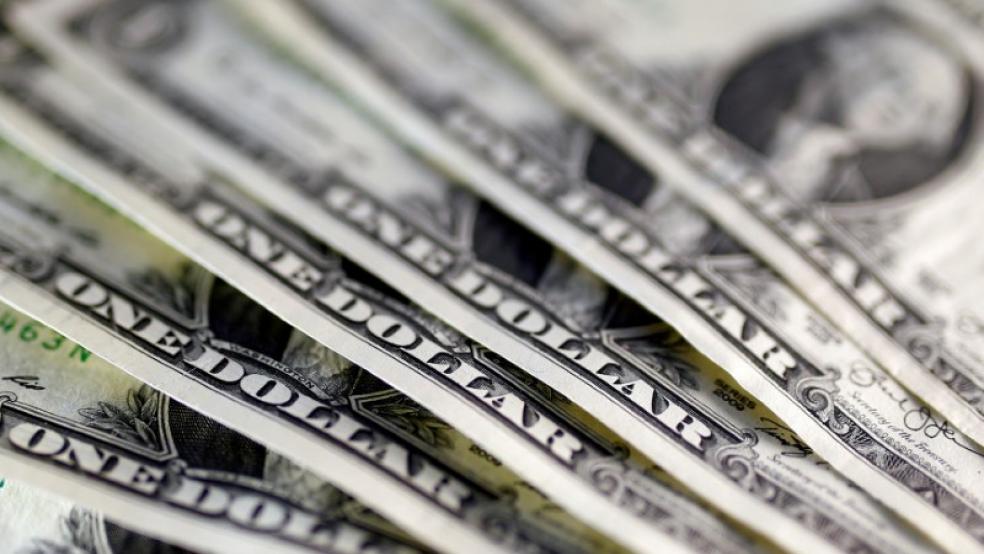It seems that Americans are of two minds when it comes to government spending – and those two minds are wholly incompatible with each other.
On the one hand, a solid majority of 60% in a new AP-NORC poll said they think the federal government spends too much overall, with only 16% saying it spent too little and 22% saying it spent about the right amount. But when asked about all kinds of specific types of spending such as education, Social Security and Medicare, equally solid majorities said the government is not spending enough.
On Social Security, for example, just 7% of respondents said the government is spending too much, while 62% said it was spending too little. On education, 65% said the government was spending too little, with roughly similar results for health care (63%), infrastructure (62%), assistance to the poor (59%), Medicare (58%) and border security (53%).
There was only one type of spending that a clear majority said the government was spending too much on: assistance to other countries, which drew the ire of 69% of respondents.
An impossible balancing act? The results underline the difficulties Republicans face as they struggle to produce a budget that cuts federal spending without touching major programs like Social Security and Medicare – and without upsetting voters. While cutting foreign aid would likely be popular, such spending accounts for less than 1% of the federal budget, offering little by way of substantial savings.
The Washington Post’s Aaron Blake says the “problem for McCarthy and the GOP is that once you exclude these big-ticket items, it becomes virtually impossible to balance the budget or even come close to substantial cuts.” That problem may be one reason Republicans have failed to produce a budget so far.
“This poll shows why McCarthy would prefer this debate remain in the abstract, but at some point it will have to involve actual proposed cuts,” Blake writes. “And assuming the proposed cuts are actually substantial, they are very likely to give even the many Americans who think the government spends too much something to hate.”
The representative AP-NORC poll of 1,081 adults was conducted from March 16 to 20, with a margin of sampling error of plus or minus 4.0 percentage points.





